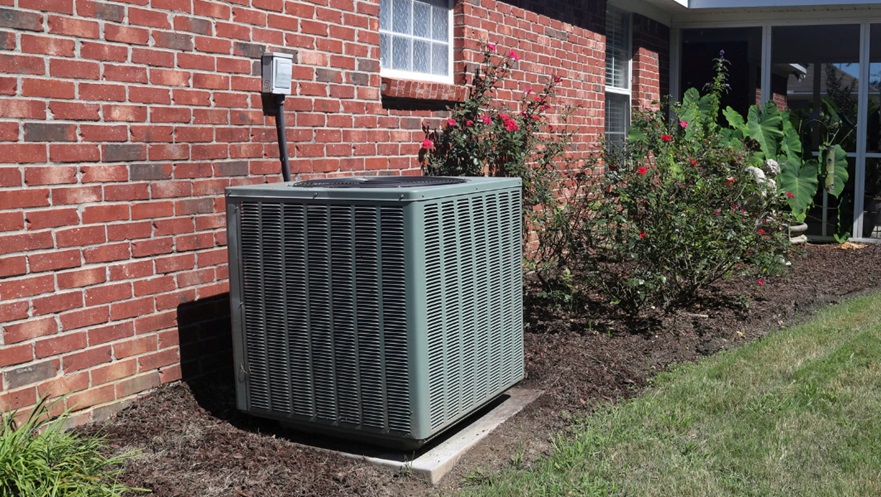When the summer heat becomes unbearable, having a reliable cooling system isn’t just a luxury—it’s a necessity. But before you rush into booking a service for air conditioner installation in North Port, it’s essential to weigh a few key factors. Choosing the right system, preparing your home, and selecting a qualified technician can make the difference between long-term comfort and costly regret.
A well-planned AC installation leads to energy efficiency, fewer breakdowns, and better performance. Here’s what to consider before making that commitment.
Sizing the System Correctly
One of the biggest mistakes homeowners make is choosing an AC unit that’s too large or too small for their home. An oversized unit may cool the house too quickly without properly dehumidifying the air, while an undersized one will struggle to maintain comfortable temperatures and will wear out faster from overuse.
A professional contractor will evaluate your home’s layout, insulation, and square footage to recommend the ideal unit size. This ensures consistent airflow and maximized energy efficiency.
Energy Efficiency Ratings
Modern AC units come with different SEER (Seasonal Energy Efficiency Ratio) ratings. Higher SEER ratings generally mean greater efficiency and lower electricity costs over time. While systems with higher ratings might cost more upfront, they tend to offer significant savings on energy bills over their lifespan.
Don’t just focus on brand names—check the performance ratings and look for ENERGY STAR-certified units that meet the latest standards.
Expected Lifespan of the System
An often-overlooked factor is understanding how long your new AC installation should last. Most modern systems have an average lifespan of 12 to 15 years when installed and maintained correctly. Knowing what to expect helps with future budgeting for maintenance, repairs, or eventual replacement.
Planning for longevity also means investing in quality installation services and sticking to a maintenance schedule recommended by your technician.
Ductwork and Home Infrastructure
Before installation, your contractor should inspect your home’s existing ductwork to ensure it’s clean, properly sealed, and sized for the new system. Leaky or poorly designed ducts can reduce a system’s efficiency by up to 30%.
Other infrastructure elements—like insulation, window quality, and ventilation—also play a role in how well your system performs post-installation.
Installation Team and Workmanship
It’s not just the equipment that matters—the quality of installation plays a huge role in how efficiently and reliably your AC will run. Knowing the qualities to look for when choosing an AC installation company can protect your investment and ensure long-term performance.
Look for licensed, insured technicians with a proven track record. Attention to detail, accurate load calculations, and post-installation testing are all signs of a contractor who takes their work seriously.
Conclusion
Scheduling an AC installation involves more than just picking a date and signing a contract. It’s about understanding your home’s needs, choosing the right-sized and rated equipment, and hiring professionals who can ensure it’s all done right. When you consider these factors ahead of time, you’ll enjoy a system that provides efficient, dependable cooling for years to come.
Taking the time now to evaluate options and hire the right professionals ensures your investment pays off in both comfort and savings. With proper planning and attention to detail, your next AC installation can be a smooth and rewarding experience.


